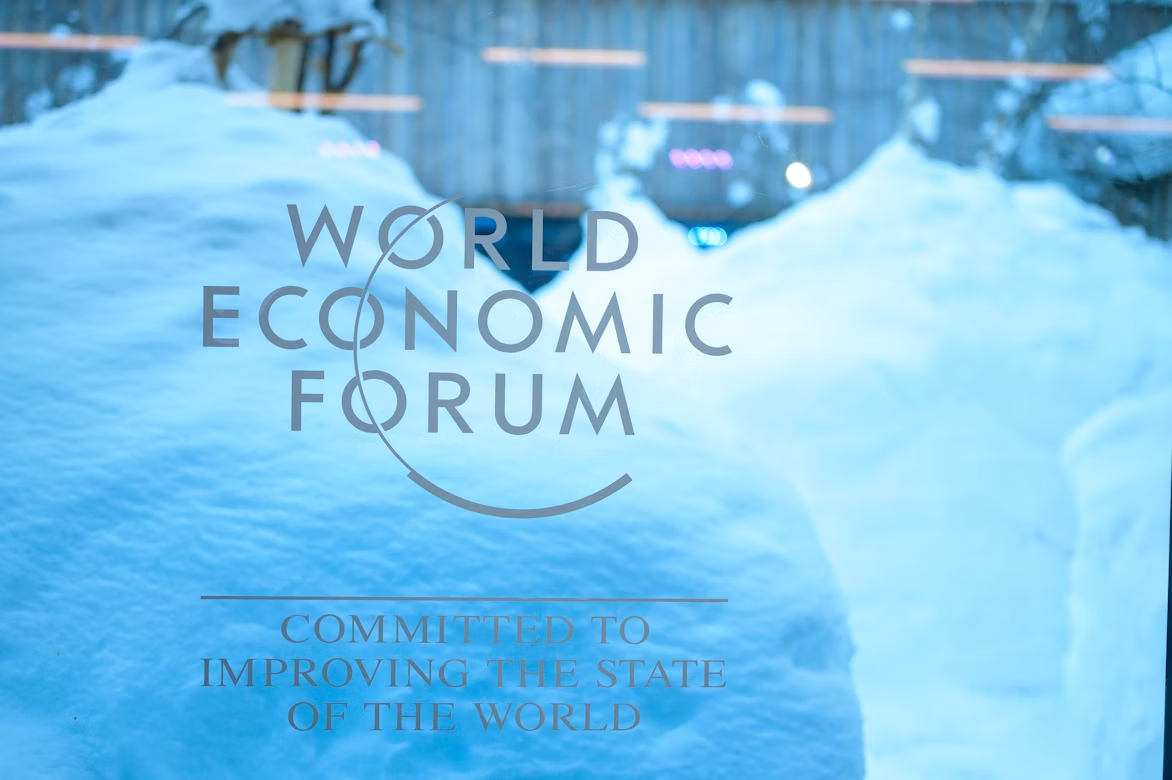
In today’s interconnected world, businesses and economies are more linked than ever. The global economy offers both challenges and opportunities that can shape the success of nations and organizations alike. Understanding these dynamics is crucial for those looking to thrive in this ever-evolving landscape. This article examines the key challenges and opportunities facing the global economy, exploring how businesses and countries can effectively navigate them.
The Rise of Global Competition
One of the most significant challenges in the global economy is the increased competition across industries and markets. With advancements in technology and the proliferation of digital platforms, companies from different parts of the world now have easier access to new markets and consumers. While this opens up new opportunities, it also intensifies the competition for resources, talent, and market share.
For businesses, staying ahead of the competition requires constant innovation, efficiency, and adaptability. Companies need to invest in research and development, improve their operational processes, and enhance their product or service offerings. Moreover, global competition also forces companies to adopt more agile strategies and faster decision-making to maintain a competitive edge.
Technological Advancements and Disruptions
Another major challenge in the global economy is the rapid pace of technological advancements. Technologies such as artificial intelligence, automation, and blockchain are reshaping industries at an unprecedented rate. While these innovations create enormous opportunities for businesses to enhance productivity, streamline operations, and reach customers in new ways, they also pose challenges for those who are slow to adapt.
Organizations must not only keep up with these technological changes but also anticipate future trends. Those who successfully integrate new technologies into their operations can significantly improve their competitive standing. However, for businesses that fail to adapt, there is a risk of falling behind or becoming irrelevant. Consequently, companies must foster a culture of continuous learning and innovation to remain competitive in a technology-driven global economy.
Geopolitical Instability
Geopolitical risks, such as trade wars, shifting alliances, and political instability, can pose significant challenges to the global economy. In recent years, tensions between major economies, such as the United States and China, have led to trade disputes and tariffs, which can disrupt supply chains and international trade. These geopolitical risks can create uncertainty for businesses, making it difficult to predict market conditions and plan for the future.
At the same time, geopolitical instability also presents opportunities for companies to diversify their operations. By exploring new markets or adopting strategies that minimize exposure to unstable regions, businesses can safeguard themselves against geopolitical risks. Additionally, firms and governments can foster cooperation through international agreements to reduce trade barriers and enhance economic stability.
Global Supply Chain Disruptions
Supply chain disruptions have become a significant concern for businesses in recent years. Events such as natural disasters, pandemics, and logistical bottlenecks have highlighted the vulnerability of global supply chains. The COVID-19 pandemic, for instance, caused significant disruptions in manufacturing and transportation networks, resulting in delays and shortages of goods worldwide.
Businesses must now rethink their supply chain strategies, considering more flexible and resilient approaches. This could involve diversifying suppliers, increasing inventory levels, or utilizing technology to enhance supply chain visibility and efficiency. By doing so, companies can mitigate the risk of future disruptions and ensure they can maintain operations even during challenging times.
Environmental Sustainability and Green Economies
With growing concerns over climate change and environmental degradation, businesses face increasing pressure to adopt sustainable practices. Consumers are more informed and conscious of the ecological impact of the products they buy, and governments are implementing stricter regulations on emissions and waste management.
This shift toward sustainability represents both a challenge and an opportunity for businesses. Those who invest in green technologies and eco-friendly practices can not only reduce their environmental footprint but also appeal to a growing base of environmentally-conscious consumers. Moreover, governments and international organizations are offering incentives for businesses that contribute to sustainability efforts, providing potential financial benefits.
Opportunities in Emerging Markets
While challenges persist, numerous opportunities also exist within emerging markets. These markets are experiencing rapid growth, driven by factors such as rising middle-class populations, urbanization, and increased access to education and technology. As a result, many emerging economies are becoming attractive destinations for businesses looking to expand their global footprint.
For businesses, entering emerging markets offers significant growth potential. However, it also requires a deep understanding of local cultures, regulatory environments, and consumer preferences. Companies that can successfully navigate these markets while respecting local customs and needs are well-positioned to tap into the economic growth these regions are experiencing.
The global economy presents both significant challenges and exciting opportunities for businesses and countries alike. By understanding the various dynamics at play—such as international competition, technological advancements, geopolitical risks, supply chain disruptions, sustainability efforts, and emerging market growth—organizations can position themselves to thrive in this complex and ever-changing environment. Adaptability, innovation, and strategic planning are key to successfully navigating these challenges and seizing the opportunities that lie ahead.